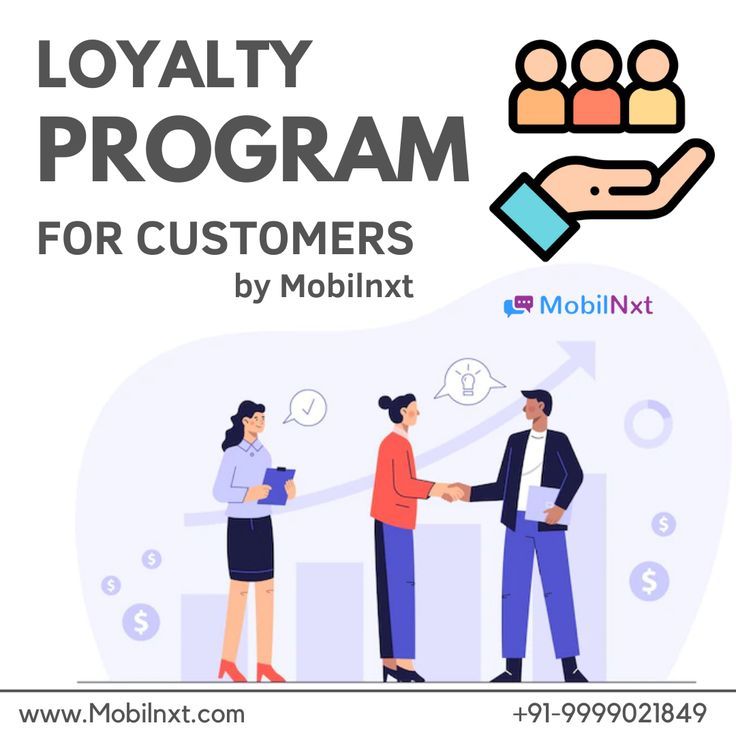
In today’s competitive marketplace, where customer loyalty is increasingly valuable, businesses are turning to integrated strategies involving Customer Relationship Management (CRM) systems and loyalty programs to enhance customer retention and drive long-term profitability. This article explores how CRM and loyalty programs work together to foster loyalty, keep customers engaged, and ensure sustainable growth for businesses.
Understanding CRM and Its Role
CRM systems are pivotal in managing and analyzing customer interactions throughout their lifecycle. These systems centralize customer data, track engagement across various touchpoints, and provide insights that enable personalized customer experiences. Key functionalities of CRM include:
- Customer Data Management: Storing and organizing detailed customer information such as contact details, purchase history, preferences, and interactions.
- Sales and Marketing Automation: Automating tasks like lead management, email marketing, and campaign execution to streamline processes and improve efficiency.
- Customer Service Enhancement: Providing tools for managing customer inquiries, support tickets, and service requests to deliver timely and effective support.
The Importance of Loyalty Programs
Loyalty programs are structured initiatives designed to incentivize repeat purchases, reward customer loyalty, and increase customer retention. These programs typically offer rewards, discounts, exclusive offers, or points that customers can accumulate and redeem based on their purchasing behavior or engagement with the brand. Key benefits of loyalty programs include:
- Enhanced Customer Retention: Encouraging repeat business by rewarding loyal customers and providing incentives to continue purchasing from the brand.
- Increased Customer Engagement: Fostering ongoing interaction and engagement with the brand through personalized offers and rewards.
- Improved Customer Lifetime Value: Maximizing the revenue potential of each customer by encouraging higher spending and more frequent purchases over time.
- Data Collection and Insights: Gathering valuable data on customer preferences, behaviors, and purchasing patterns to inform marketing strategies and personalized experiences.
Integrating CRM with Loyalty Programs
When CRM systems and loyalty programs are integrated seamlessly, businesses can leverage customer data to create targeted and personalized loyalty initiatives. Here’s how CRM enhances the effectiveness of loyalty programs:
Personalized Rewards and Offers
CRM systems analyze customer data to understand preferences, purchase history, and behavior patterns. This information enables businesses to tailor rewards and offers that resonate with individual customers, increasing the likelihood of participation and engagement in the loyalty program.
Targeted Marketing and Communication
CRM facilitates segmentation of customers based on their loyalty status, preferences, and engagement levels. This segmentation allows for personalized marketing campaigns that promote loyalty program benefits, notify customers of special offers, and encourage participation in loyalty activities.
Real-Time Engagement and Feedback
CRM systems enable real-time engagement with loyalty program members through automated notifications, personalized messages, and targeted promotions. This immediate interaction enhances customer satisfaction and encourages ongoing participation in the program.
Performance Measurement and Optimization
CRM provides insights into the effectiveness of loyalty programs by tracking key metrics such as enrollment rates, redemption rates, customer retention rates, and ROI. Businesses can use these analytics to optimize program offerings, adjust reward structures, and refine marketing strategies to maximize program impact.
Benefits of CRM-Driven Loyalty Programs
Integrating CRM with loyalty programs offers several strategic advantages for businesses:
- Enhanced Customer Relationships: Personalized experiences and rewards strengthen emotional connections with customers, fostering loyalty and advocacy.
- Increased Customer Satisfaction: Tailored offers and proactive engagement improve satisfaction levels, leading to higher retention rates.
- Improved Marketing Effectiveness: Targeted campaigns based on CRM insights increase engagement and drive higher conversion rates.
- Data-Driven Decision Making: Analytics and reporting capabilities inform strategic decisions, allowing businesses to continuously improve loyalty program performance.
Case Study: CRM and Loyalty Integration in Retail
A retail chain implements a CRM-driven loyalty program to enhance customer retention and drive repeat purchases. By integrating CRM data with the loyalty program, the retailer segments customers based on purchase history and preferences. Personalized offers and rewards are tailored to each segment, resulting in increased enrollment, higher spending per member, and improved customer satisfaction scores.
Conclusion
CRM systems and loyalty programs are powerful tools that, when integrated effectively, enable businesses to build lasting relationships with customers and drive long-term success. By leveraging CRM insights to personalize rewards, optimize marketing efforts, and enhance customer engagement, businesses can keep customers coming back, increase loyalty, and differentiate themselves in competitive markets. As customer expectations continue to evolve, the synergy between CRM and loyalty programs will remain essential for businesses aiming to achieve sustainable growth and profitability in the digital age.